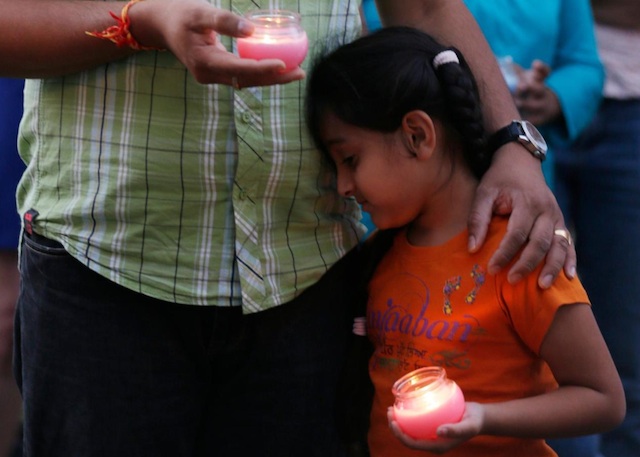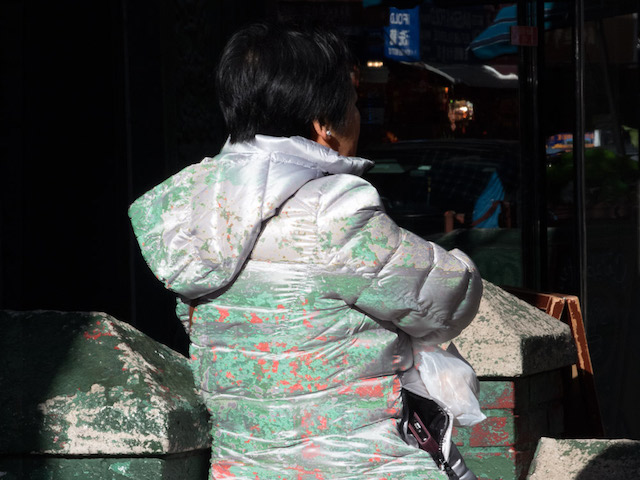Matthew Salesses on the power of words and appearances.

August 7, 2012
I started out writing an essay about my life as a reader. And then someone opened fire on a Sikh temple in an apparent act of hate. And I started thinking about the power of words, and the power of appearances.
My life as a reader is inextricable from the power of words and appearances. I am adopted. I came to America when I was two-and-a-half, adopted by white parents, both teachers. As a child, I felt different from other children, and I read in part because of that feeling. My parents were always willing to support my reading habit. I couldn’t get everything I wanted, but I could get books.
This availability of words is something I am trying to pass on to my daughter, now. She is 13 months old and has about 200 books. One reason for this is our need for stories in two languages (my wife is Korean). The bigger reason has to do with how we want to raise her: to value wisdom, to value empathy, to think deeply about others, to try always to understand.
In many ways, trying to understand is what we do as readers and writers. It is also what we do as children and parents. Since my daughter’s birth, I have found myself thinking more and more about my own childhood, writing essays instead of fiction, trying to understand my fears and hopes and self-deceptions, so that I can do better by her. I have spent my life struggling with my adoption, what it means and meant to have been abandoned by my birth parents, and knowing I never will come to grips with that abandonment. I wonder how much of a role adoption has had in my life as a reader. I realize that as a child I read because I was forced inside my head, unable to get comfortable with the outside world, with what I looked like and the way people (including myself) judged me on that appearance.
Sometimes we read because we are outcasts. Sometimes we read because our parents give us books. But maybe these are only reasons to start reading.
Why have I continued to read (and read and read and write and read) when many others begin to leave books behind as adults? It is a matter of the power of words and appearances. In books, I saw a possibility of other lives entirely. I grew up on books like A Wrinkle in Time, and the Dark Is Rising series. I grew up on the Timewarp Trio. I grew up, in other words, on stories of children who could leave the world in which they were so misunderstood, for a world created to fit their abilities. A world in which they made almost perfect sense (partly a function of plot, which I of course didn’t realize then). In A Wrinkle in Time, Meg tesseracts to a planet where the one thing she is truly good at—empathizing—is the one thing that can defeat the evil Brain and free her father. This is how fiction works.
My entire life, I have been missing something. But it took me a long time to stop thinking that the world was missing something that would make it right for me. I liked the idea that there was a world out there, somewhere, that had always been mine. Where people didn’t make fun of me for being different, where I wasn’t teased or bullied for my skin color, and where I didn’t believe I should be teased or bullied because I couldn’t reconcile my skin color to my parents’, a fact that was so confusing I couldn’t see how much it got to me. I continued to read because in books, I didn’t have to think about myself and yet I could imagine that what was happening for these other children could happen for me, perhaps.
Later, I read because I knew it couldn’t happen for me, and I realized the power of those words, that words made those magical things happen, that words made the escape. And later still, I read for the desire to create words of such power myself. To create a truth that I knew to be true.
Why do we become writers? How much does it have to do with feeling different, with being made to feel different? How much does it have to do with being put in front of books? For me, it was both.
I am different, and I want the ability to express my difference, now, in a way that other people will try to understand, will want to try to understand.



